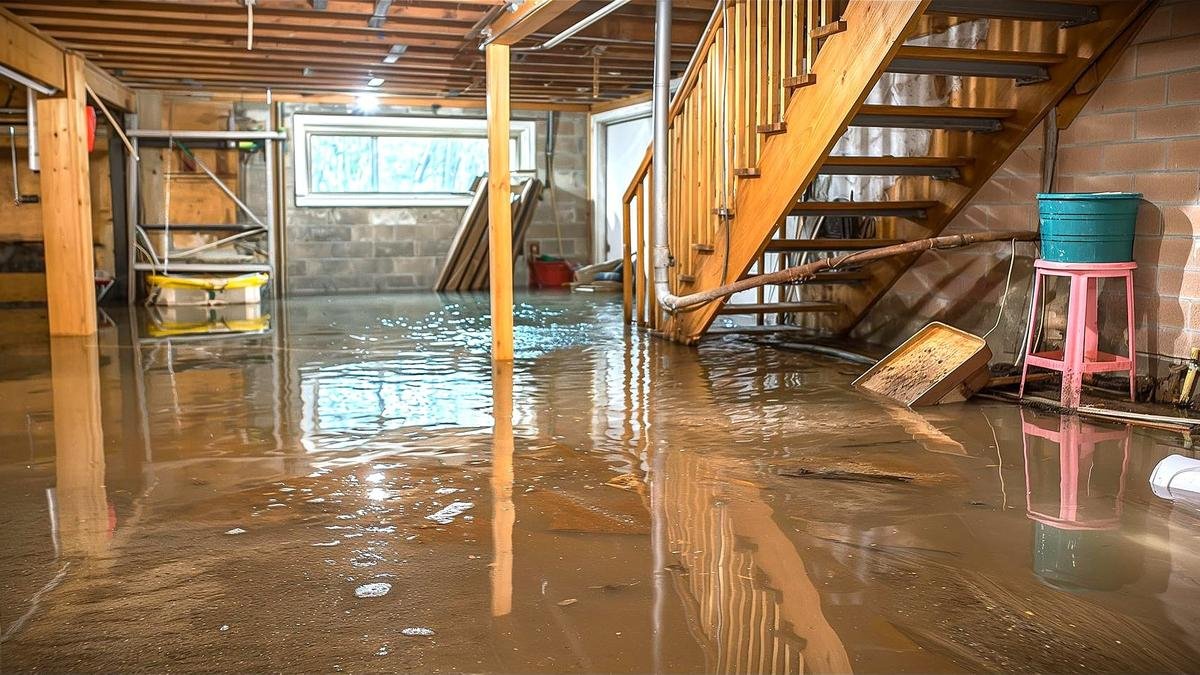Essential Tips for Choosing the Right House Extension Contractors for Your Project

Planning a home extension is an exciting venture, but it can also feel overwhelming. A key part of ensuring your project goes smoothly is choosing the right house extension contractors. They play a crucial role in bringing your vision to life while maintaining high standards of quality and safety. Here’s a guide to help you make an informed decision.
1. Define Your Project Goals Clearly
Before you start searching for house extension contractors, it’s important to know exactly what you want. Are you looking to add a new room, expand your kitchen, or build an extra floor? Having a clear vision will help you communicate better with potential contractors and ensure they understand your needs. Write down the specifics such as size, style, and any special requirements you may have.
2. Research and Shortlist Reputable Contractors
Finding the right contractor takes time and research. Start by searching online or asking for recommendations from friends, family, or neighbors who have completed similar projects. Look for house extension contractors who specialize in the type of extension you want. Be sure to read reviews, visit their websites, and check portfolios of past work to assess their quality and reliability.
3. Verify Credentials and Experience
Once you have a shortlist of contractors, verify their credentials. Ensure they are licensed, insured, and registered with the necessary local authorities. Experience is equally important—select contractors who have a proven track record in completing similar house extensions. This will give you peace of mind knowing they can handle any challenges that may arise during construction.
4. Get Multiple Quotes and Compare
It’s always wise to get at least three quotes from different contractors. This allows you to compare pricing, timelines, and services. Be cautious of quotes that are significantly lower than others, as this might indicate lower-quality materials or rushed work. The best house extension contractors will offer a fair price while providing detailed explanations of the costs involved.
5. Ask for References and Visit Previous Projects
Don’t hesitate to ask for references from past clients. Speaking directly with homeowners who have worked with the contractor can give you invaluable insights into their professionalism, quality of work, and punctuality. If possible, visit some of the contractor’s completed projects to see firsthand the quality of their work.
6. Check for Insurance and Warranty Coverage
Ensure that the house extension contractors you choose carry adequate insurance coverage, including liability and worker’s compensation. This protects you from potential legal issues in case of accidents during the project. Additionally, ask about warranties on the work and materials used—reputable contractors will provide guarantees to back up their workmanship.
7. Communication is Key
Effective communication is crucial throughout the extension project. Choose a contractor who listens carefully to your ideas, offers constructive suggestions, and keeps you informed every step of the way. Poor communication can lead to misunderstandings and delays, so make sure there’s a clear line of contact from the start.
8. Set Clear Timelines and Expectations
Before the project begins, establish a clear timeline with your contractor. This includes key milestones, completion dates, and deadlines for any specific tasks. It’s essential to have these details in writing to avoid any confusion later on. Reliable house extension contractors will be upfront about how long the project will take and work to stay on schedule.
9. Understand the Contract Terms
Always sign a formal contract before the work begins. The contract should outline every detail, including costs, materials, timelines, and payment terms. Make sure you understand the terms, and don’t hesitate to ask for clarification on any points that are unclear. A well-written contract protects both you and the contractor, ensuring the project proceeds smoothly.
10. Monitor Progress, But Don’t Micromanage
While it’s important to monitor the progress of your house extension, try not to micromanage the contractors. Trust their expertise and allow them to work within the agreed-upon plan. Regular check-ins are fine, but avoid constant interference, as it can slow down the work and create tension.
Conclusion
Choosing the right house extension contractors is critical to the success of your project. By following these essential tips, you’ll be able to find professionals who not only meet your expectations but also deliver high-quality work. Take your time, do your research, and make an informed decision for a stress-free home extension process.
For more information or to get started on your house extension project, visit our website: CBS Renovation.







